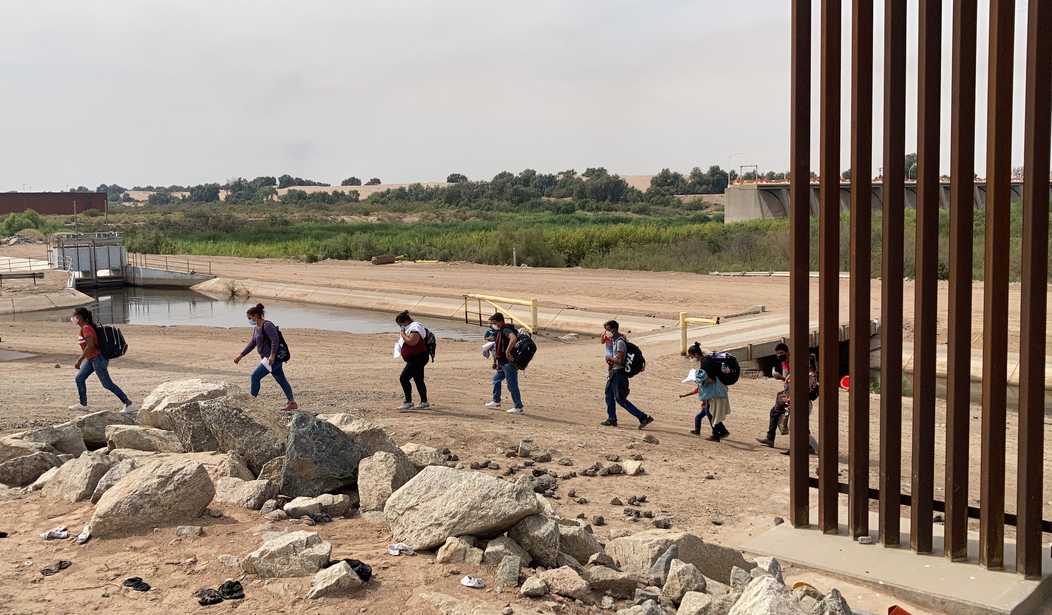Reporters with the San Francisco Chronicle did a deep investigation into how Honduran drug traffickers are taking advantage of the porous U.S.-Mexico border and San Francisco's decriminalized drug policies to making a good living for themselves and for their families back in the Central American country.
Small mansions, adorned with the San Francisco 49ers' logo, are having been made in large numbers in Honduran rural towns thanks to the profits of their drug pipeline to San Francisco. Some of the drug dealers are in the United States legally, but others, who have come across during the border crisis, have gravitated towards the liberal mecca because of their sanctuary city status.
The Chronicle's editorial board published a response to reader's feedback to the investigation by stating, "Deporting Honduran migrants won’t solve S.F.’s drug crisis...The key to any antidrug strategy is the one thing San Francisco, and California more broadly, has consistently failed to provide: robust treatment and services."
The board comes close to realizing what the problem is with San Francisco's approach to law and order but their liberal sensibilities get in the way of closing the last gap in logic:
Regrettably, this message seems to have been lost in much of the response to the series, which has instead focused almost exclusively on cracking down on Honduran dealers or falsely blaming The Chronicle for advocating this approach.
From this Editorial Board’s reading of the series, it is clear that Honduran migrants who deal drugs aren’t the source of San Francisco’s problems. Rather, while escaping a life of poverty and violence at home, they are the latest group to capitalize on the city’s decades-long failure to develop comprehensive strategies to alleviate the misery on our own streets. It is because of that failure that there can be no arresting, deporting or strong-arming our way out of the city’s mess...Other dealers told The Chronicle they were arrested so many times in San Francisco they lost count. Those who are deported often return. One did it nine times.
...
The key to any comprehensive strategy like this, however, is the one thing this city, and California more broadly, has consistently failed to provide: robust substance abuse treatment and social services. Only by creating this infrastructure, and ensuring its availability to those who most need it, can we meaningfully deprive dealers of the customers who make their trade so lucrative.
Recommended
It's exactly the reason why dealers have been arrested so many times only to be released because of lax policy is how the problem in San Francisco is so acute in the first place. Instead of calling for a change in local law so there is not a revolving door at the local police precinct, the board throws their hands up and say, "Well, this doesn't work so let's continue to operate in the framework of our own doing and advocacy." Now it is thanks to Biden's border crisis, it has gotten easier for illegal immigrants to evade Border Patrol, but again, if San Francisco was not a sanctuary city, it would not attract so many illegal immigrants to work the drug trade.
There are ways to mitigate these problems, but San Francisco has opted to go in the other direction.

























Join the conversation as a VIP Member